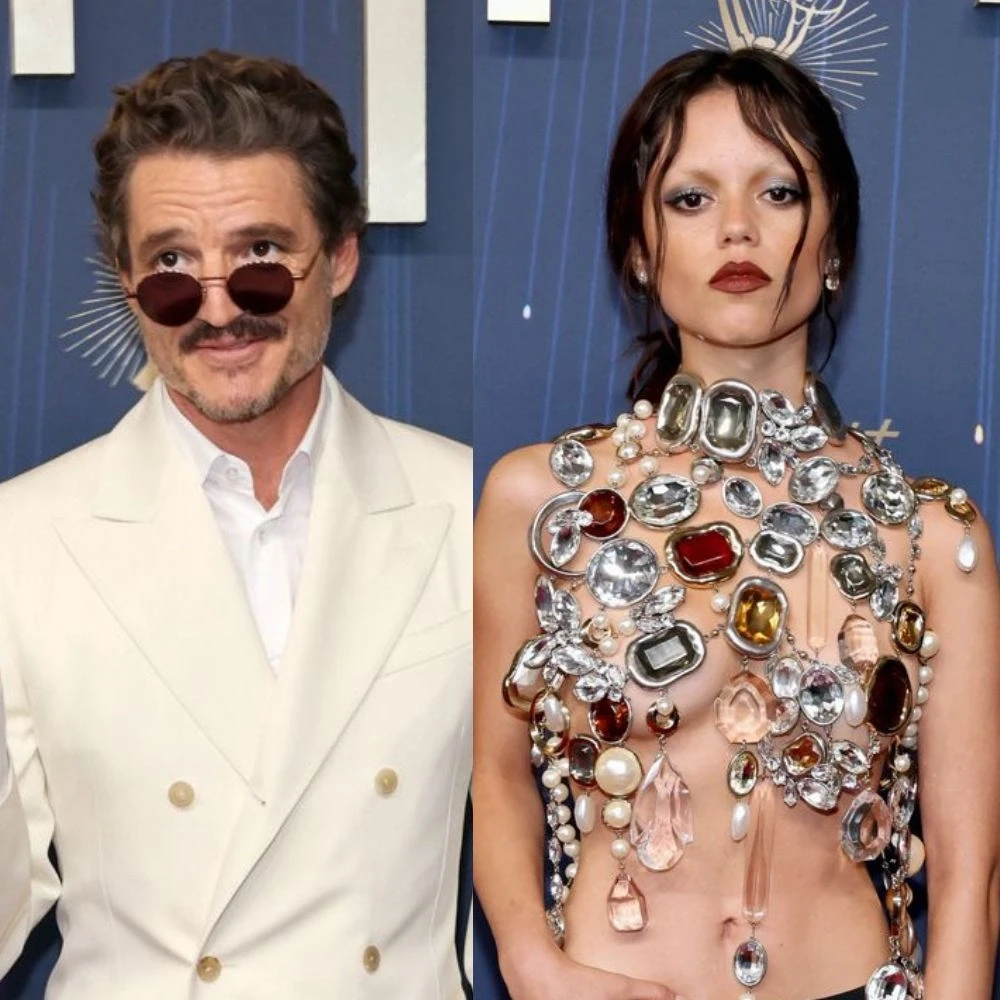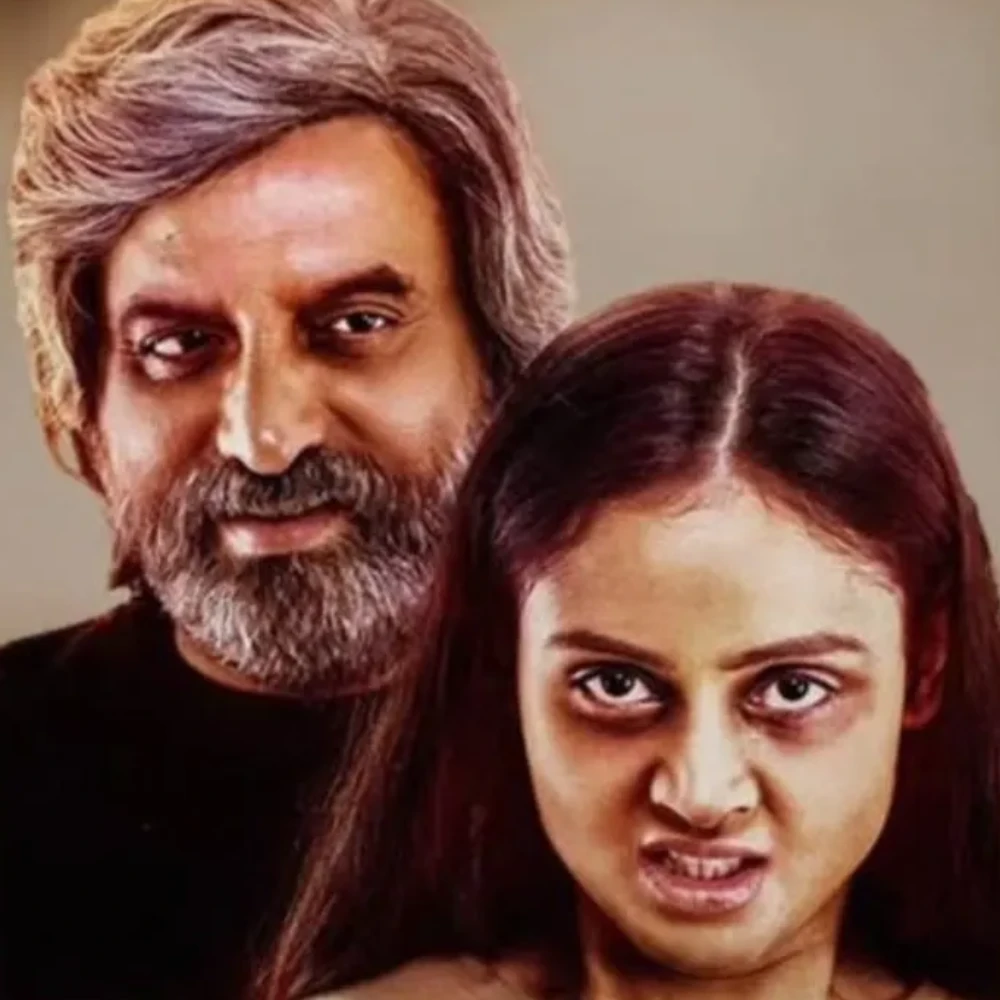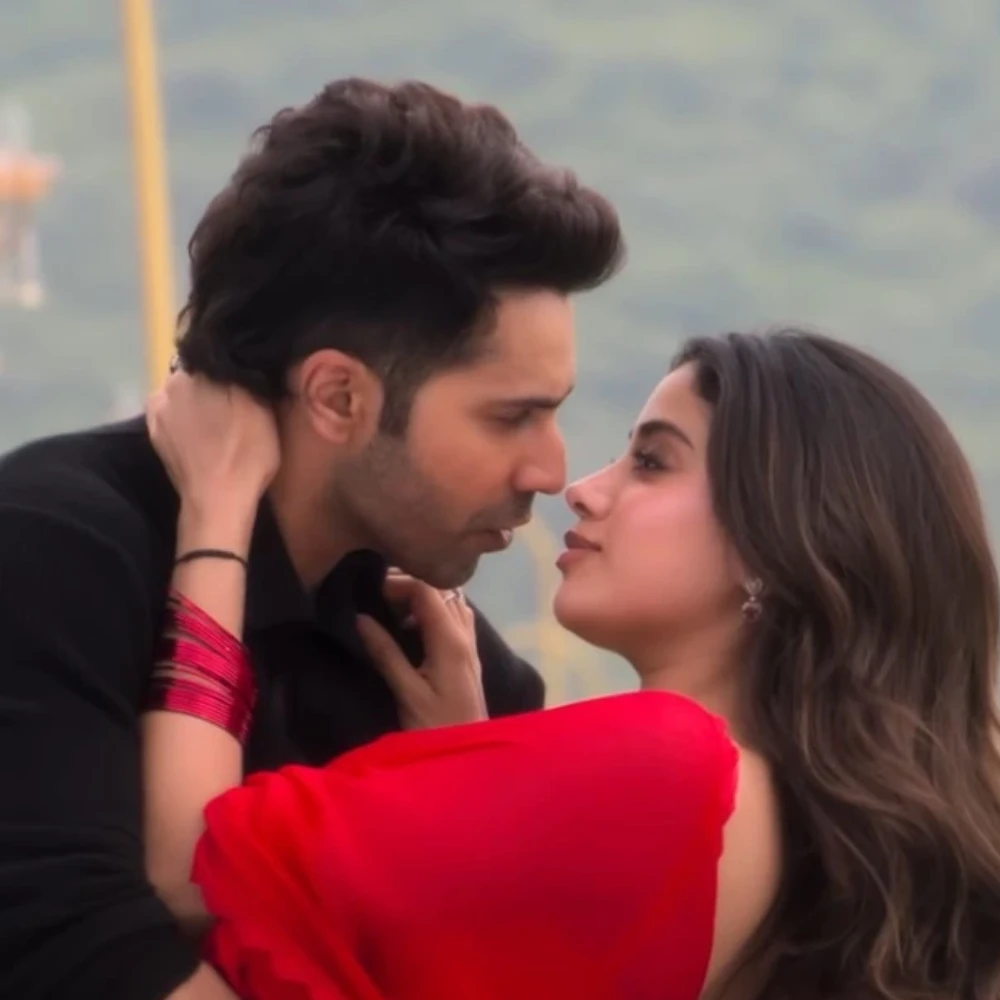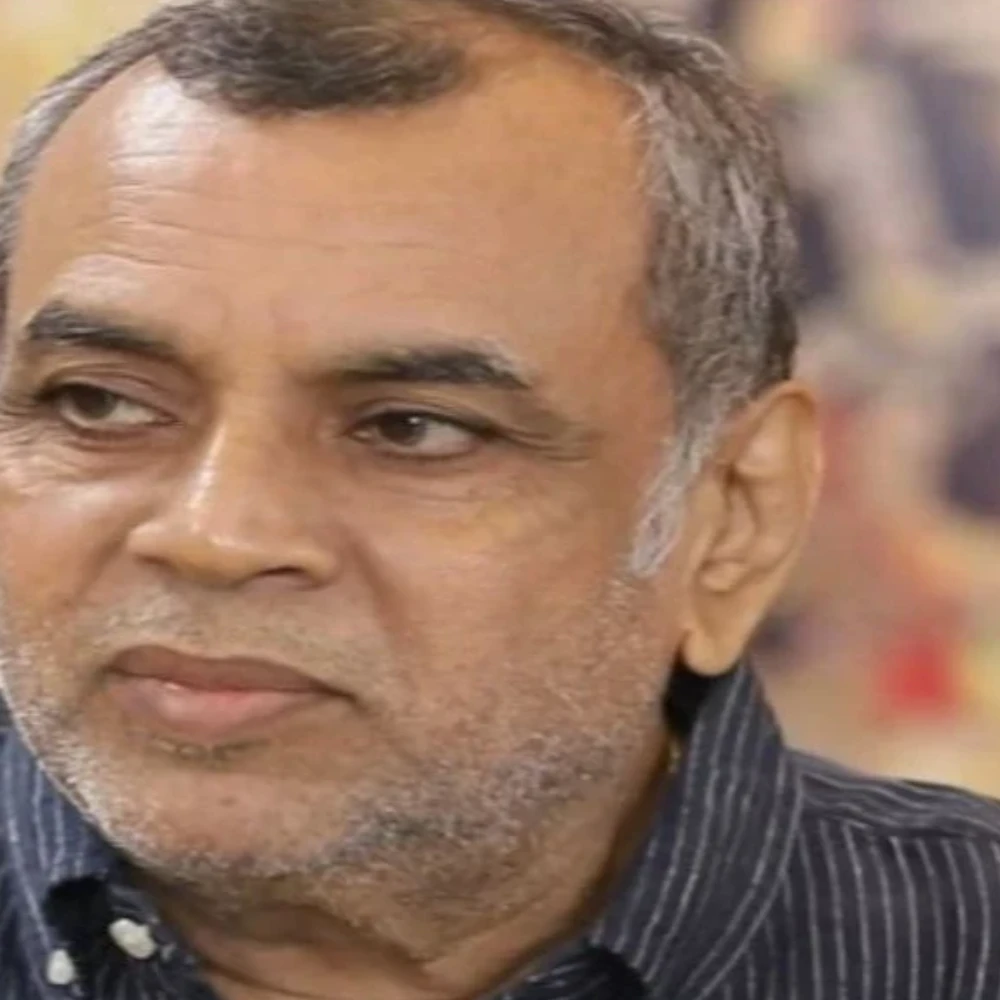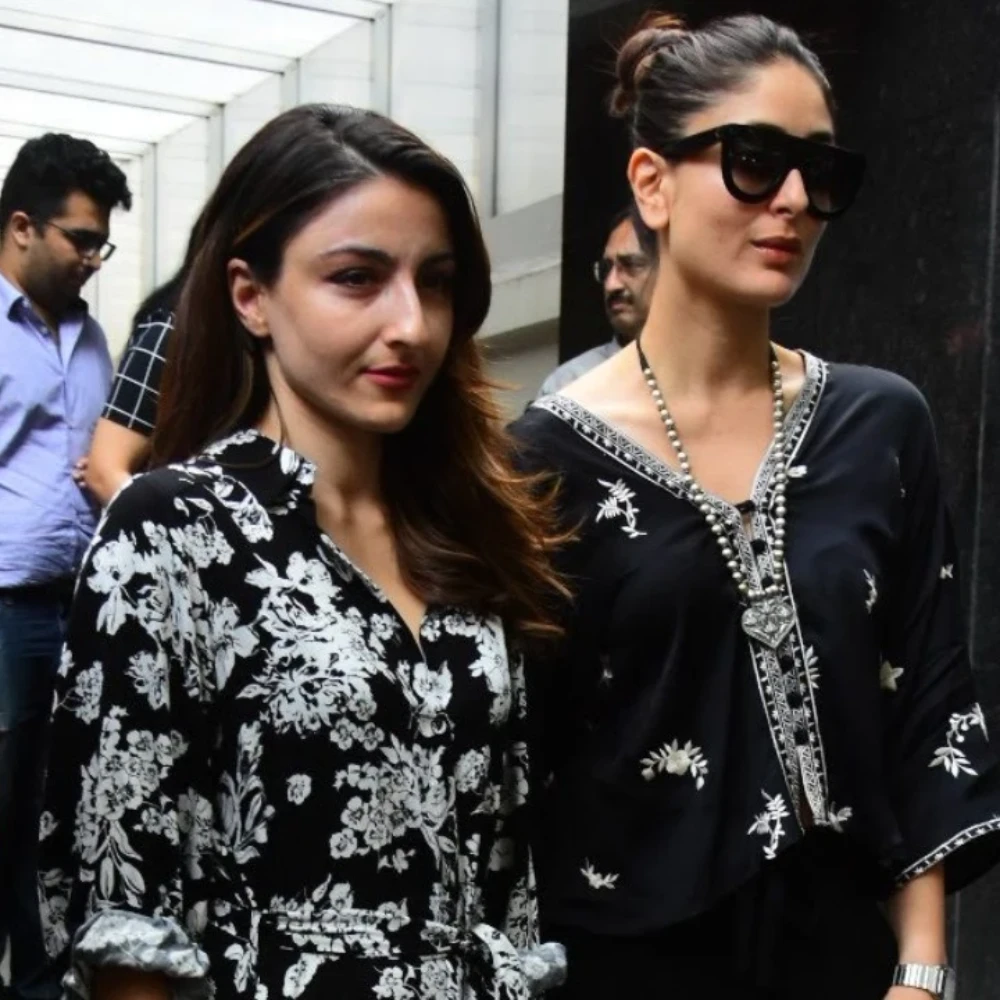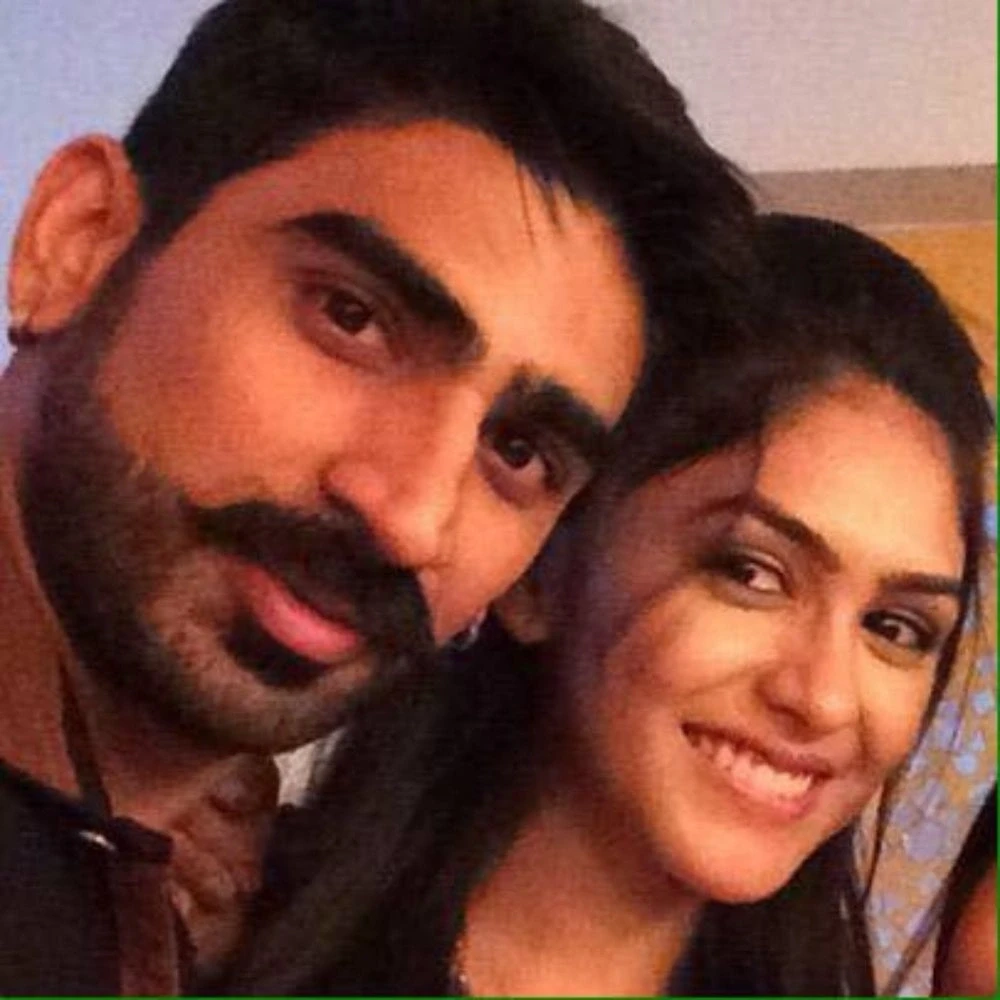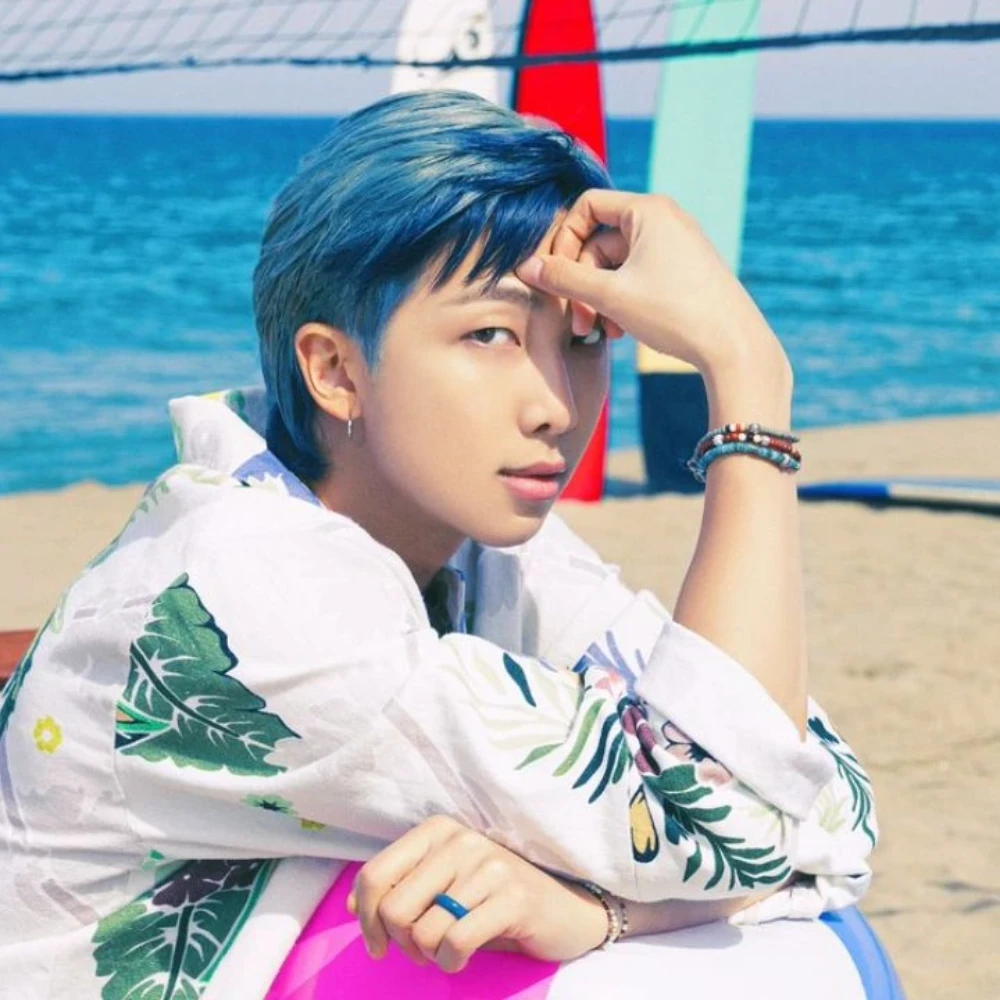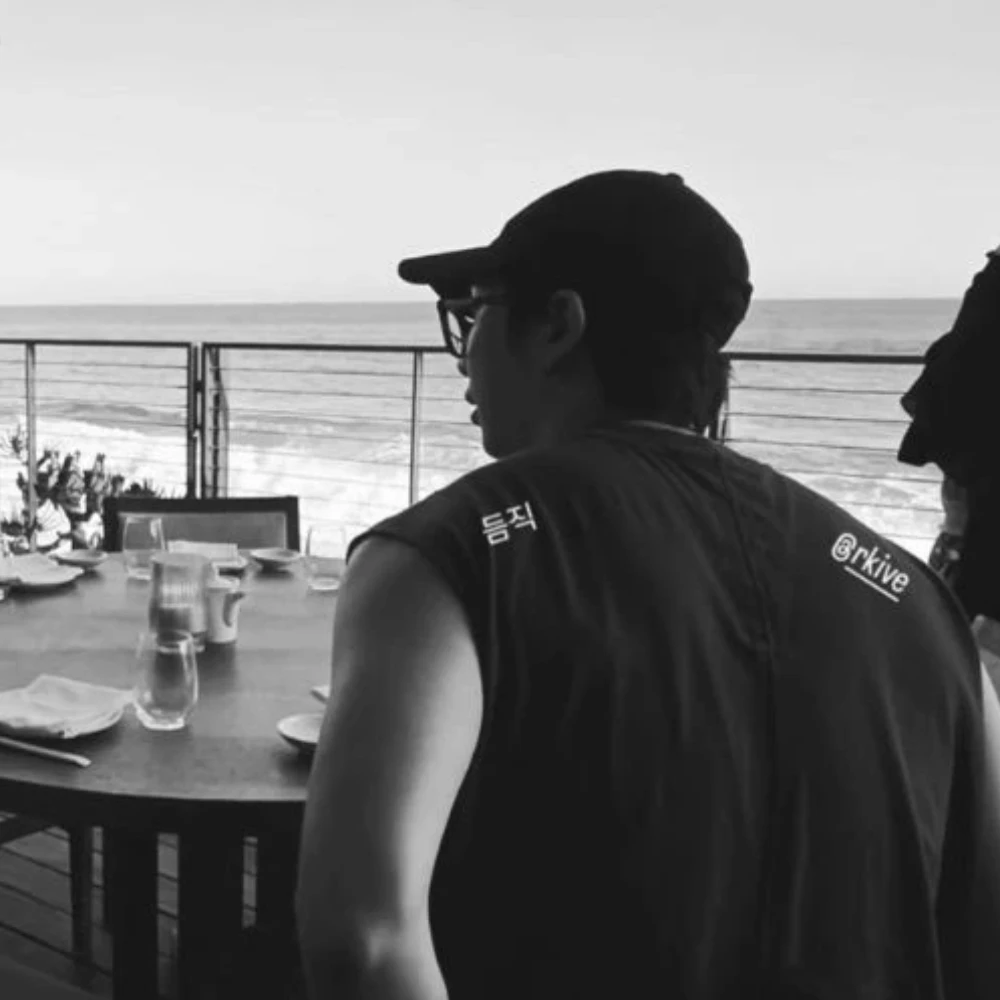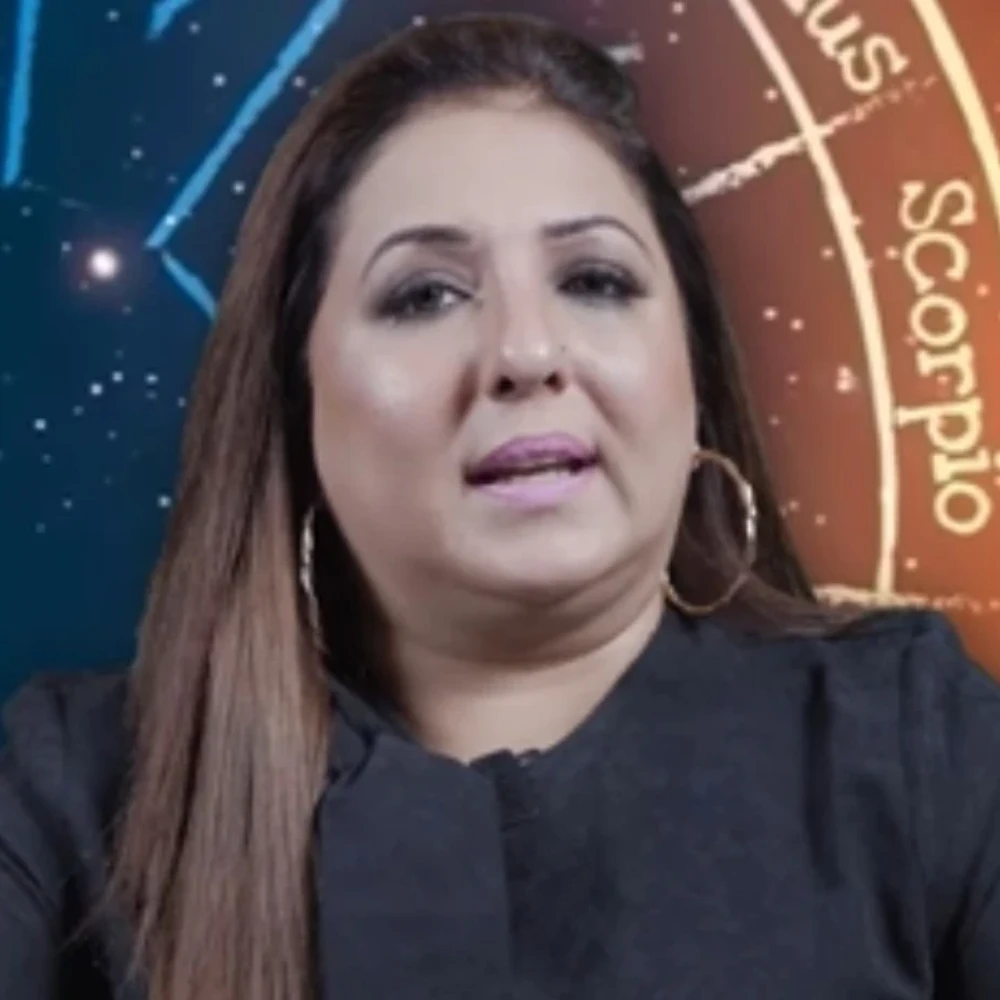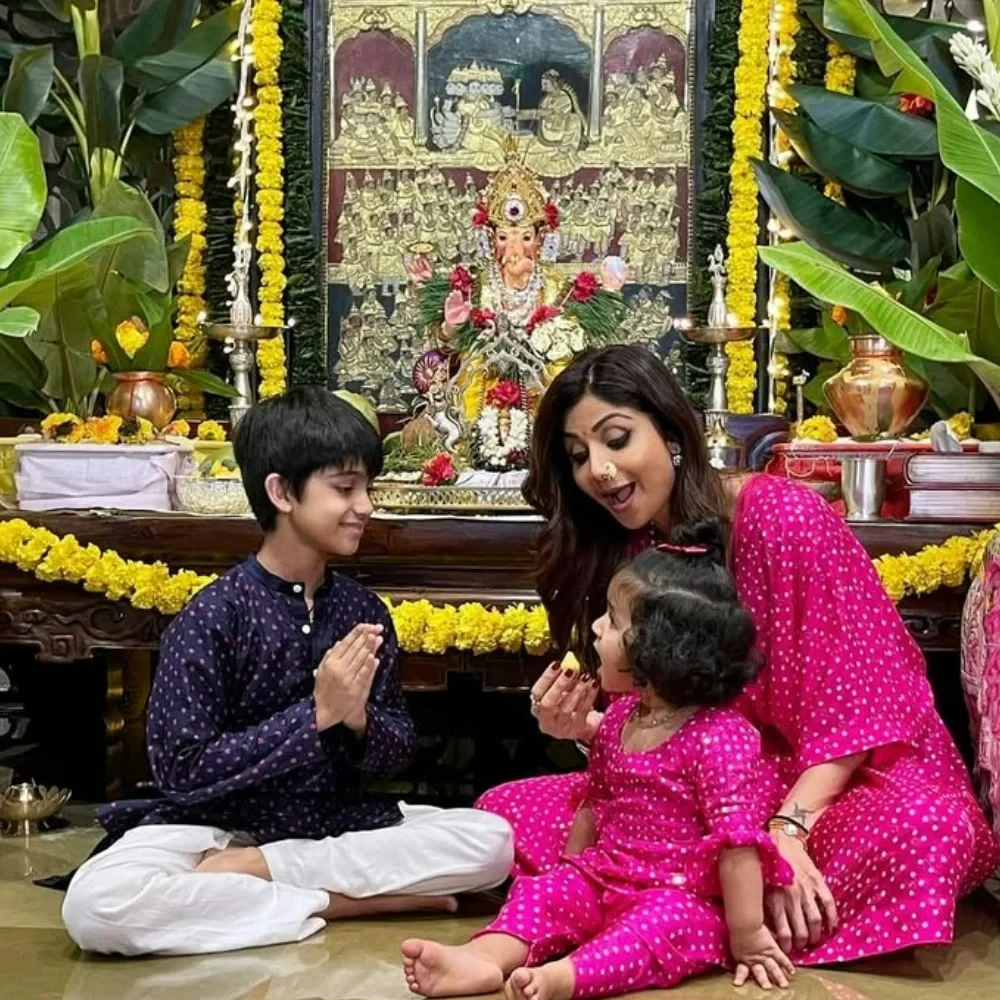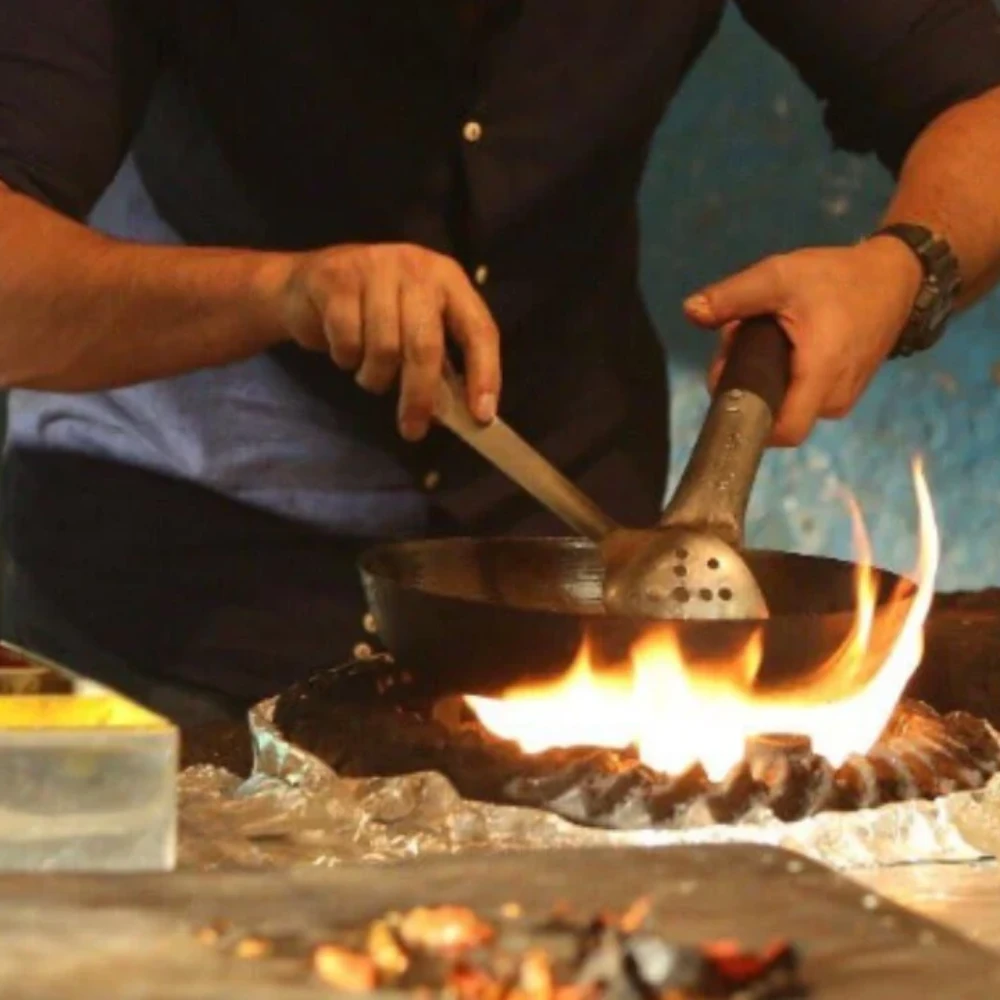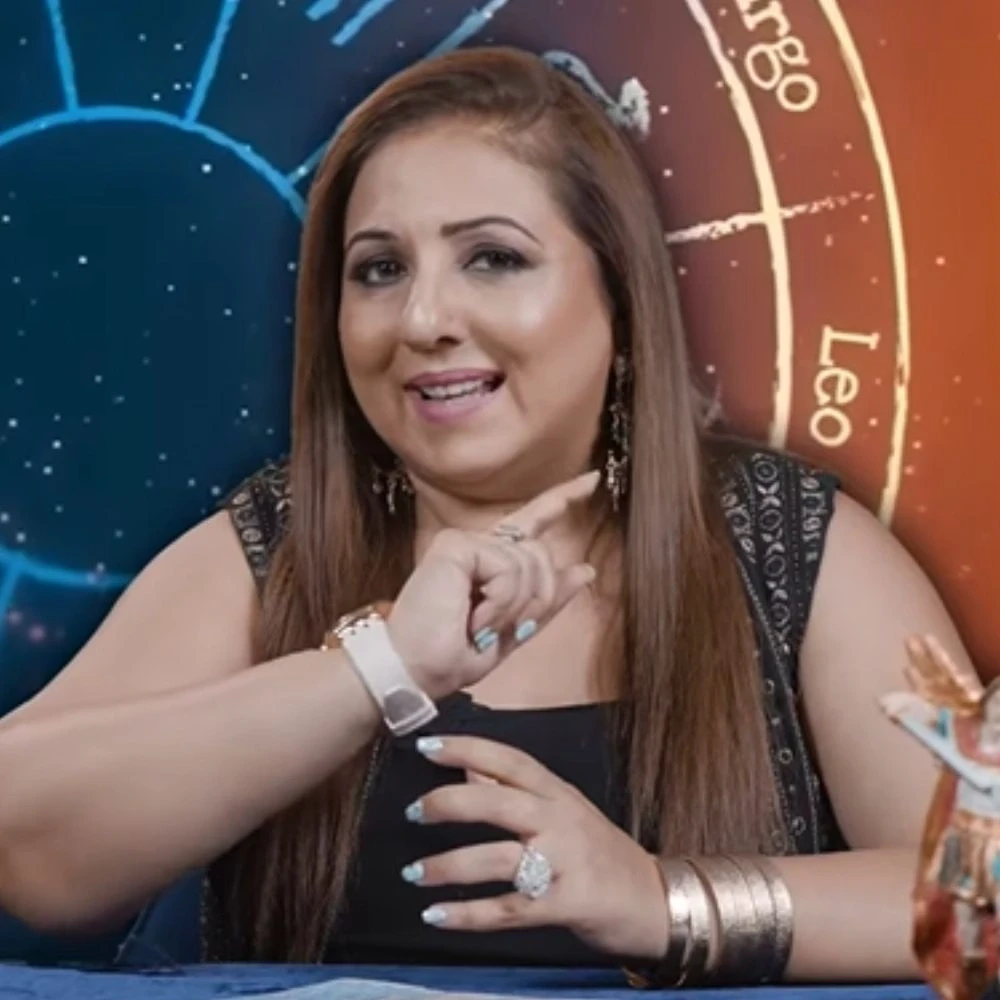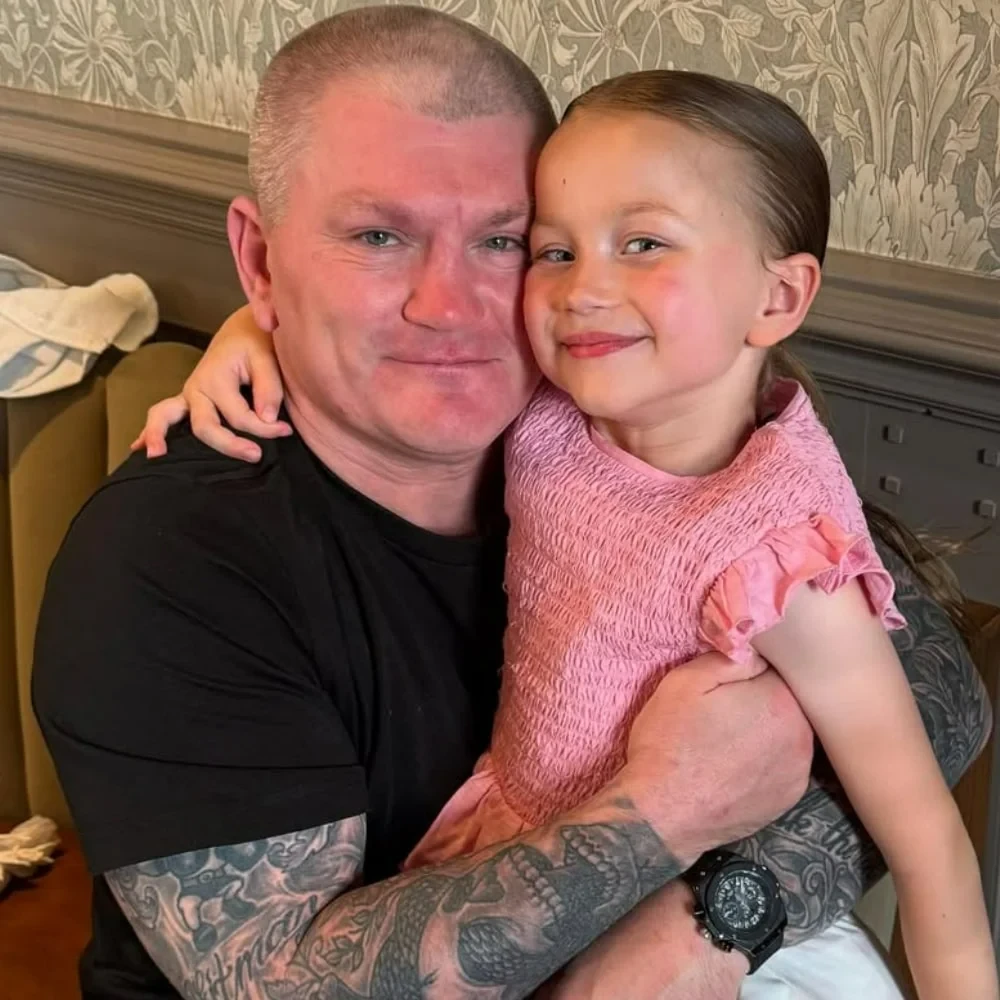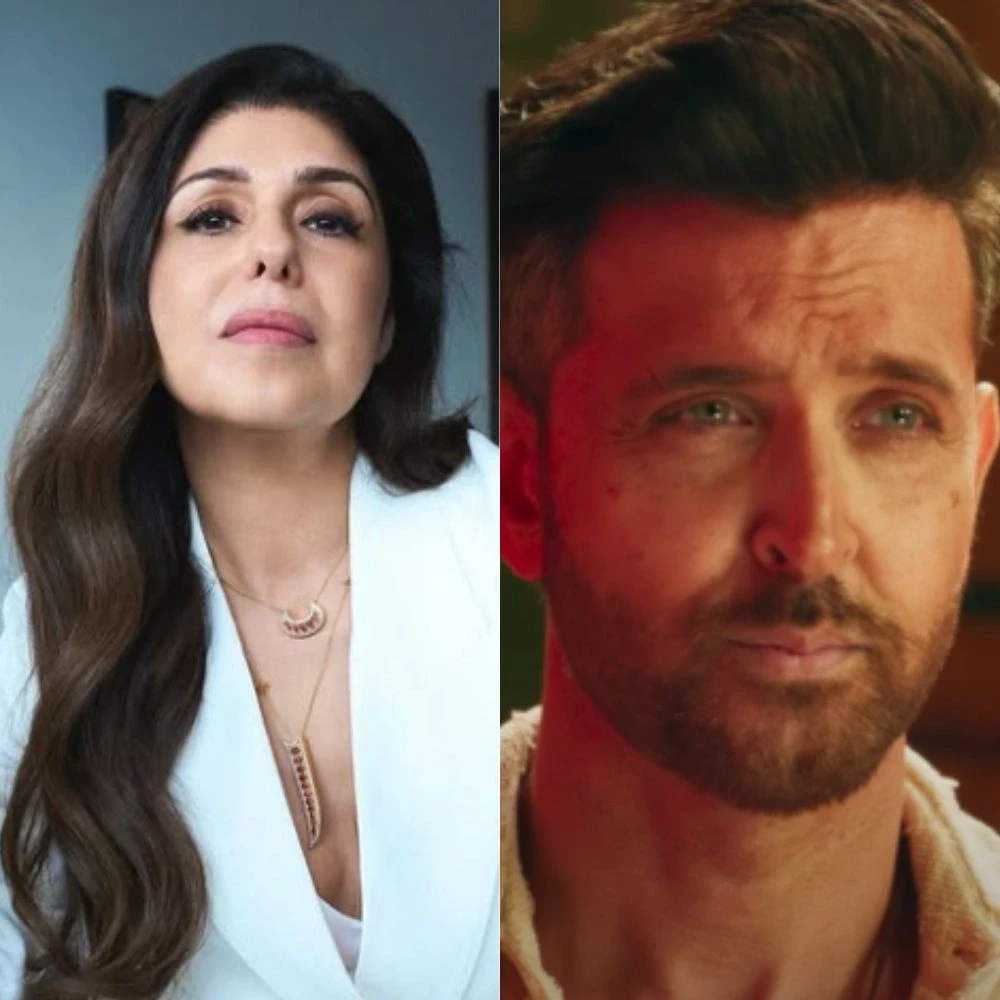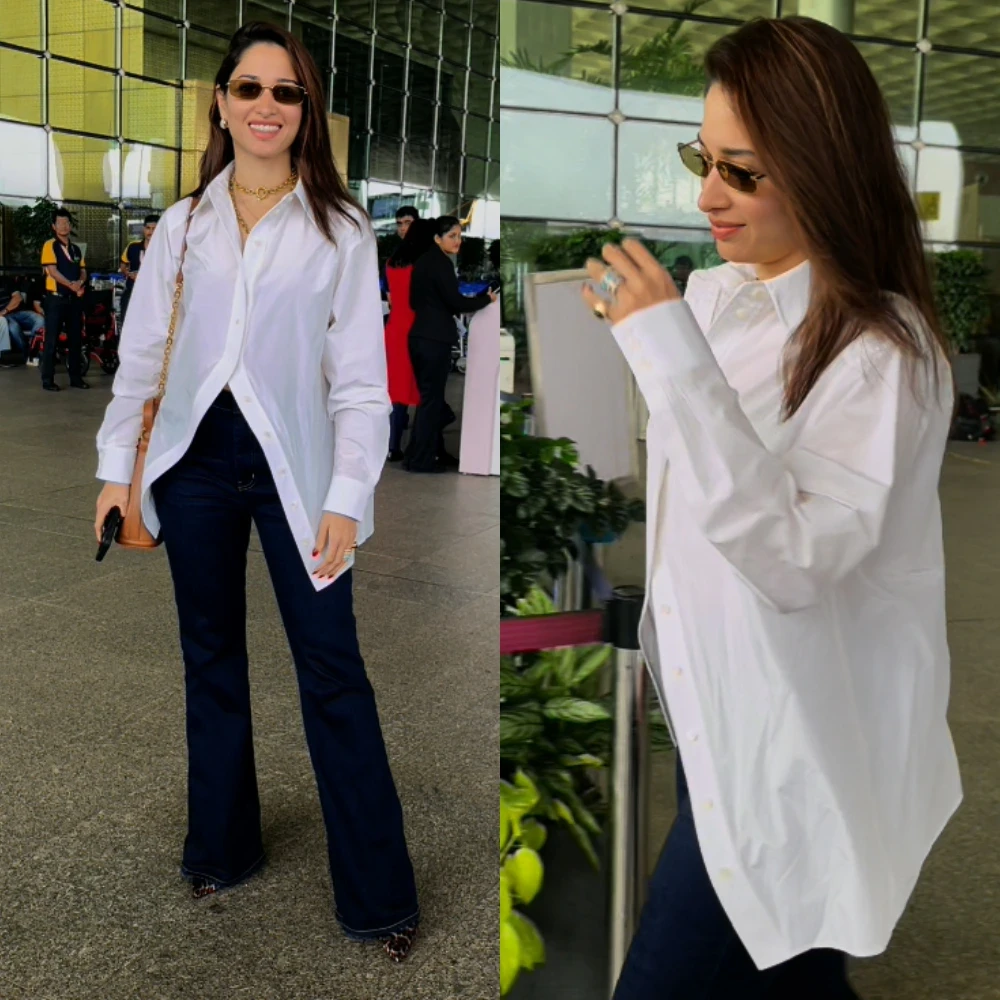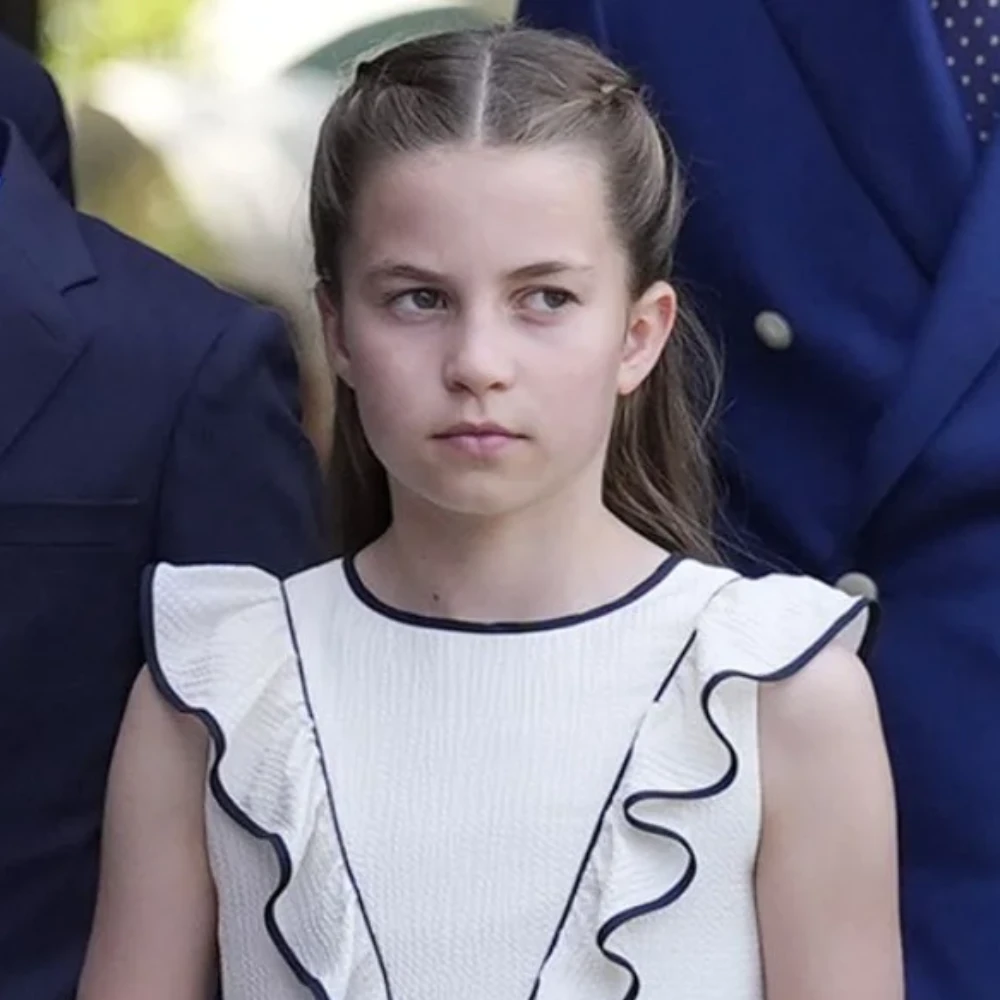11 Signs of Love Hate Relationship: Understand Your Emotions
Identify 11 signs of love-hate relationships to evaluate the flow of your love affair. Also, explore the tips listed below to manage your emotions effectively.

There is no doubt that relationships are intricate! From diverse love languages to different expectations- everyone is different in their way, and so is their way of expressing sentiments. You might notice couples who feel intense love and joy one moment and turn sour in an instant. Well, that’s a trait of the toxic love-hate relationship.
The rollercoaster ride of emotions is recurrent in this kind of relationship. In simpler terms, two partners in a relationship tend to simultaneously feel extreme sentiments of love and hate. Instead of staying on a stable graph of feelings, their relationship is always on the verge of ups and downs, and they feel excitement and exhaustion from time to time.
Unhealthy relationships can stem from a troubled past, feeling like you're not deserving of love, or having negative thoughts about yourself. Various factors can contribute to this type of relationship being unstable and difficult. These uncertainties can gradually take a toll on the mental health of both partners if continued for a prolonged period. Thus, identifying the signs of an uncertain relationship is exceptionally vital.
In case you and your partner have been experiencing inconsistent emotions in your relationship, check out these top 11 indicators of a love-hate relationship before reaching any conclusions. These signs will assist you in deciding the nature of your relationship. Scroll down to read more.
1. Emotional Rollercoaster Ride

The overwhelming conflicting emotions are the most apparent sign of a love-hate relationship. The couple feel fluctuating feelings towards their partner every now and then. Let’s understand this with one of the simple and easy love-hate relationship examples. Consider this scenario: You know someone who has shared pictures of themselves with their significant other on social media, and they have been boasting about their partner's caring, loving, gentle, and understanding nature. However, shortly after, this same person reached out to you and expressed negative feelings towards their partner, describing them as immature and foolish. Later that night, they posted another adorable picture of the two of them with a romantic caption.
According to Anjali Tyagi, a certified Relationship Coach, “In our complex life, we find ourselves entangled in a web of relationships, each with its unique dynamics and challenges. As Relationship Coach, We uncover the beauty and complexities of our emotions via human interaction. Love-hate Relationships, in particular, weave a tangled web of affection and irritation. To properly negotiate this delicate balance, open and honest communication between couples is vital. Such discussion should take place in a secure environment where feelings, needs, and concerns may be aired without fear of being judged.Self-awareness is critical in uncovering the riddles of a love-hate relationship. To understand the origins of their erratic emotions, partners must look into their own emotions and prior experiences.
Clear and mutually agreed-upon boundaries establish appropriate behavior and provide a sense of security. Conflict resolution skills are essential for assisting partners in focusing on solutions rather than blame. When the cycle becomes overpowering or dangerous, seeking expert help, such as couples counseling, can be a critical step in breaking away from detrimental behaviours. Furthermore, it is critical for partners to accept the modest delights and disappointments that come with the territory, realizing that it is OK to feel happy about foolish blunders while also acknowledging the minor aspects that cause distress. Finally, self-care, realistic expectations, and appreciating moments of love and connection are all components that may help couples not just survive but thrive in the complicated maze of a love-hate relationship.”
That’s what happens when you are swaying between your sentiments. If you have been witnessing this in your relationship, being a little mindful about your emotions can save you from multiple troubles and miseries in the later stage of a love-hate relationship. Some couples passively accept love-hate relationship psychology, and they think that the drama will eventually bring them closer. In reality, these sequences of haphazard emotions only lead to an extremely toxic relationship.
2. Feeling Irritated

Yet another crucial indicator of a love-hate relationship is that most of their habits get on your nerves. It could encompass a variety of issues, spanning from a bad temper and negative attitude to a lack of comprehension. These things might seem minor on the outside, but they can be big turn-offs for you. It can even affect your mental well-being, making you doubt your decision to be in a committed relationship with your partner. Moreover, when you can’t find a solution to such problems, you emotionally distance yourself, and you start feeling hatred towards each other.
3. Frequent Break-Ups and Patch-Ups

Constant break-up and patch-up situations define a love-hate relationship. You might see couples who are in this see-saw of a relationship. When they argue or fight, they decide to end their relationship, but the very next day, they act friendly towards each other as if the fight never happened. When you start hating someone you loved during these situations, you experience a lot of confusion and hurt. This kind of break-up and patch-up cycle indicates that you both have past unresolved issues that need to be resolved. Talking about these conflicts can strengthen your bond and connection.
Another clear indicator of a love-hate relationship is when you start romanticizing your arguments and fights. Sure, it’s part and parcel of a relationship, but romanticizing the disputes can hurt the dynamics of a healthy relationship.
4. Uncertainty in Relationship Trajectory
Every couple has a basic understanding of their relationship. Even though the relationship is not in the serious phase, both partners are aware of it deep down, and they both have a similar gut feeling about where it is heading. But when you are in a love-hate relationship, it becomes extremely difficult to analyse the state of the relationship. And it is pretty obvious because of the confusing emotions. If you're unable to even understand your own feelings, how will you be able to handle the ups and downs of a relationship?
If the partners are unsure about their relationship and fear a potential break-up, then it’s not a healthy relationship. This isn't a desirable situation to be in. Many people like to plan romantic things with their partner as they move through the different stages of their relationship. They look forward to seeing what the future will hold for them as a couple. However, if your relationship is going through a tough time, it's important to communicate openly and honestly with your partner. Talk to them about your plans for the relationship and ask about theirs. Even if you don't have everything figured out, you can still make a rough plan together. This can help you both move towards a healthier, happier relationship.
5. Poor Boundaries

The hatred in a love-hate relationship arises from poor boundaries. Invading each other's personal spaces, making decisions for each other, and pointing out flaws in each other are all signs of a lack of respect in the relationship. And when this happens, quarrels, disputes, and fights escalate with time. Such acts will lead to pent-up frustration and eventually make the partners want to hurt each other's egos. If you frequently find yourself or your partner invading each other’s personal spaces then it’s a sign that your relationship is toxic.
A few qualities are extremely vital to make the relationship last long, including respect and being mindful of each other's boundaries. No connection or relationship can survive if it does not have these essential qualities. The clash of hate and love arises when partners are unwilling to provide a breathable space to each other.
6. Seeking Perfection

Not being able to accept each other’s imperfections is another significant factor that can lead to hate in a love relationship. A lot of people are always seeking perfection in their partner, and for that reason, they start offering unsolicited advice to them. When they realize that their partner is not complying with their commands, a sense of resentment arises within them. Initially, this kind of attitude might not feel like a burden, but gradually it hampers the emotional connection. And when partners can't emotionally connect with each other, it becomes extremely challenging for the relationship to last long.
Additionally, it morphs into a relationship based on conditions. This means that if one partner does what the other wants, that partner receives love and affection. However, when that partner fails to comply with the other's wishes, they are met with feelings of hostility and anger. If that’s the case with your relationship, it's important to help your partner understand that everyone has their own strengths and weaknesses. Love should never be conditional.
7. Vague Communication

A love-hate relationship is mostly manifested by vague communication. With time, the misunderstandings become a parasite in the relationship. Discussing your true feelings and sharing your thoughts with your partner will help in bridging or closing the communication gap. No relationship can work well without a meaningful conversation. If the conversations are vague, it can weaken the relationship over the course of time.
Even pretending to have deep communication can turn the relationship into a love-hate relationship super quickly. It would be best if you always strive to have mature conversations to decrease the chances of landing into a love-hate relationship.
8. Overwhelming Negative Emotions

Even minor arguments can cause significant issues if both the partners lack a strong emotional connection. You might keep on fighting every day and would never find a potential solution for any of your problems. Continuous conflicts can eventually exhaust you both to the point where you may want to avoid discussing issues altogether. If continued, this attitude can develop deep-seated resentment between both the partners. Carrying unresolved problems as baggage will continuously drain your energy, eventually turning into a ticking time bomb. Acknowledging your feelings is the best way to deal with this issue. If any deep trauma from the past or present is bothering you, talk it through with your partner. Let go of the emotional tension between you to strengthen your connection.
9. Ego-centric Decisions

A clear sign of a love-hate relationship is when both partners make decisions that solely serve their individual egos. When partners are upset, they tend to take things personally and may feel that their ego is being targeted by their significant other. This happens because the partners don’t share any solid connection between them. They lack sympathy and compassion towards each other, due to which fights get intense. Taking self-centered decisions will only enhance the damage in the relationship. Neglecting each other’s sentiments without having a regard for the feelings or desires of your lover will make them feel unwanted.
10. Being Melodramatic

In love-hate relationships, drama is a common thing. When couples have small disagreements, they may blow it out of proportion and involve their friends and family in the issue. They try to get sympathy by posting emotional things on social media or by revealing secrets or hurting each other's reputation. Instead of solving the problem like grown-ups, they do things that make their partner angry.
Being direct, and honest with your partner about the issues is the best way to deal with them. Bickering about them with people instead of discussing the issues showcases that there is something wrong in your relationship. To address this issue, it's important to prioritize effective communication. This will also assist in strengthening the relationship.
11. Transactional Attitude

Many couples in a hate and love relationship develop a transactional attitude towards each other. This means that they either start showing off things that they’ve ever done for their partner or only help their partners to gain something in return. At times, some people even boast about what they have done for their partner, even when their partner is right in front of them. In this type of relationship, both partners try to make up for the favors done by each other. They may even keep track of the things or money they have invested in their partner. This type of behavior suggests that they might be fulfilling their duties rather than doing things out of love. Such an attitude shows a lack of emotional maturity and can make the relationship feel unsafe and insecure. It's important for both partners to work on building a deeper emotional bond.
Anjali Tyagi also says, “In our complex life, we find ourselves entangled in a web of relationships, each with its unique dynamics and challenges. As Relationship Coach, We uncover the beauty and complexities of our emotions via human interaction. Love-hate Relationships, in particular, weave a tangled web of affection and irritation. To properly negotiate this delicate balance, open and honest communication between couples is vital. Such discussion should take place in a secure environment where feelings, needs, and concerns may be aired without fear of being judged.
Self-awareness is critical in uncovering the riddles of a love-hate relationship. To understand the origins of their erratic emotions, partners must look into their own emotions and prior experiences. Clear and mutually agreed-upon boundaries establish appropriate behavior and provide a sense of security. Conflict resolution skills are essential for assisting partners in focusing on solutions rather than blame. When the cycle becomes overpowering or dangerous, seeking expert help, such as couples counseling, can be a critical step in breaking away from detrimental behaviors. Furthermore, it is critical for partners to accept the modest delights and disappointments that come with the territory, realizing that it is OK to feel happy about foolish blunders while also acknowledging the minor aspects that cause distress. Finally, self-care, realistic expectations, and appreciating moments of love and connection are all components that may help couples not just survive but thrive in the complicated maze of a love-hate relationship.”
How to Fix a Love-Hate Relationship?

-
Sort Your Emotions Actively
One of the best ways to deal with such a relationship is by analysing your feelings. Instead of simply accepting your partner’s behavior, try to break down your reactions and sentiments. Try to analyze what makes you react negatively to them. Find out where your issue truly lies. Take time to evaluate and process your feelings so you can figure out the solutions to your problems.
-
Establish Healthy Boundaries
Take the time to thoroughly examine your personal boundaries to determine where they're being violated. Once you've identified the problem, you can take appropriate steps to reduce the likelihood of it happening again in the future. Regaining control of your emotions in your relationship involves establishing healthy boundaries, and it's also crucial to respect your partner's personal space.
-
Seek Help

If this relationship makes you feel lonely, reach out to your close family members, relatives, friends, therapist, or anyone you trust. When there is no one available to talk to, it can be difficult to discern the best course of action. Sometimes, you are not aware or completely overlook how the relationship is affecting you because you're too close to your partner. That's why it's vital to ask for help from your near and dear ones. They can give you a fresh perspective and support to deal with your emotions and problems.
-
Improvise
Breaking up isn't always the answer when things aren't going well in a relationship. Instead, try taking small steps to improve things, like helping your partner with something and examining your own behavior to see if you can make any changes. Once you've made these changes, you can adjust your relationship goals accordingly to see if things improve.
Conclusion
The love-hate relationship is more likely to entangle the sentiments of the couple along with their capability to deal and handle the situations. Try to be a little aware of your own sentiments and evaluate your relationship by gauging the aforementioned indicators. However, you need to understand that every relationship is different, and not every couple faces or suffers all the signs listed above. Actively take cues from the behavior of your partner and only then will you be able to reach a decent and stable conclusion.
The question that arises here is what to do if you find yourself stuck in this toxic cycle of love-hate. While the answer is subjective, your main aim should be to break the toxic cycle. Obviously, this is not easy but it’s definitely worth the effort. The tips given above might be able to help you manage your relationship if you find yourself stuck in love hate relationship psychology.
ALSO READ: 30 Best Love Poems for Husband to Make Him Feel Special





 JOIN OUR WHATSAPP CHANNEL
JOIN OUR WHATSAPP CHANNEL